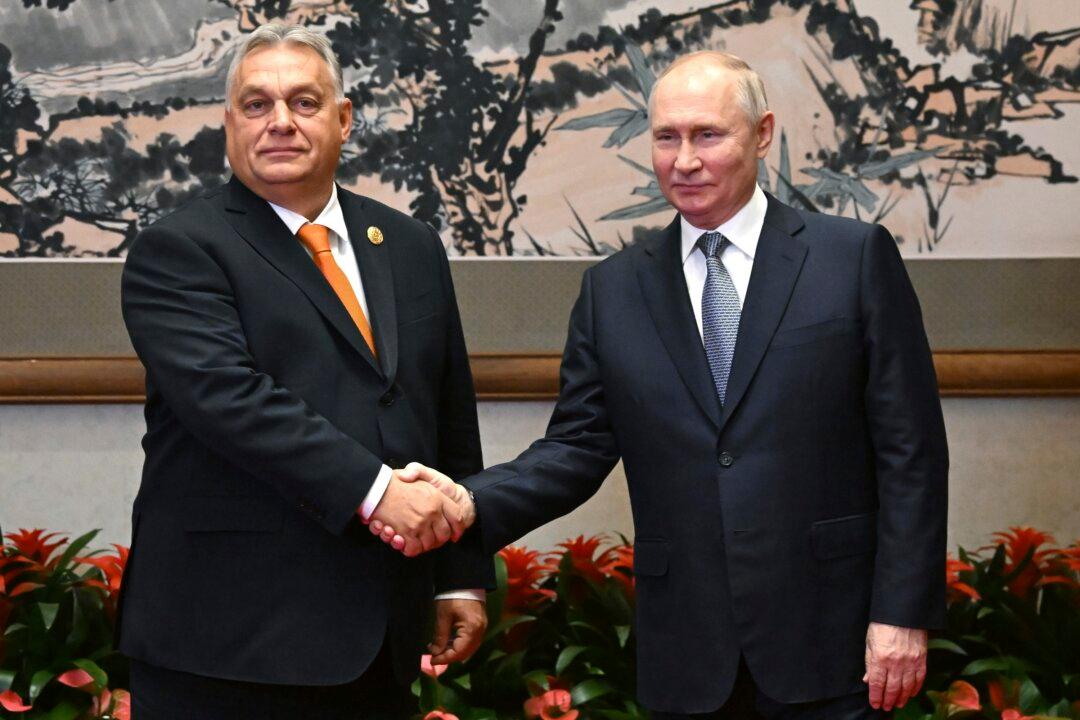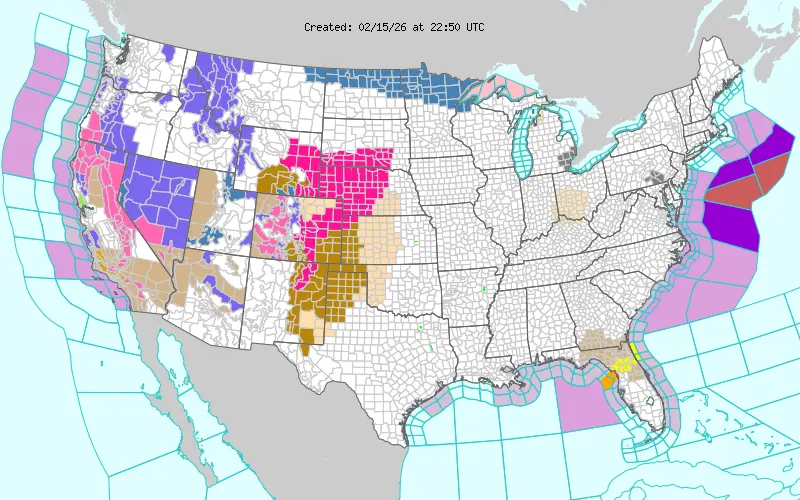BEIJING—Hungarian Prime Minister Viktor Orbán held talks on Tuesday with Vladimir Putin in a rare in-person meeting for the Russian president with a leader of a European Union country.
Mr. Orbán and Mr. Putin met in Beijing before an international forum on one of Chinese President Xi Jinping’s signature policies, the Belt and Road Initiative. Their meeting focused on Hungary’s access to Russian energy.





